
It's not that I hadn't thought about it: I thought of it often when it wasn't really feasible. Living and working in London for thirty-something years, and most of those years in a flat, it was something to put on a distant future to-do list. Now, theoretically retired and living outside London in a house with a garden, the excuses have mostly dried up. Out of curiosity I began to take the occasional look on the East Suffolk RSPCA website. I noticed that all the sweet, healthy dogs rarely stayed on the site for long, with 'Reserved' next to their name within a day or two, while others were there week in, week out. The reason some of them were difficult to place was obvious enough, fierce-looking things with behavioural issues.
There was one exception, a seven-year-old standard poodle who by all accounts was a joy to have around, though in his case the reason for the lack of interest was most likely to do with possible expense. When he arrived at the RSPCA his ears, eyes and skin had all needed special ongoing attention, and they warned the pet insurance might be difficult to arrange because of these existing issues. I made further enquiries and it transpired that these issues had stemmed mainly from neglect. He had not been groomed and his nails had not been cut for a very long time. Poodles need regular grooming. He had abscesses in his years and his eyes had been badly affected by his overgrown, matted hair. I arranged to go and see him (fatal error!) and was smitten. The staff at the RSPCA in Martlesham had worked wonders in restoring his health and good looks, though some ongoing care would be required.
Until then I had never thought of a poodle. For the first thirty or so years of my life our family had always had a dog, three in all (though not concurrently), and they were dark, macho things. I associated poodles with yappy little specimens owned by daft rich women (while I like to see myself as a writer, Barbara Cartland was not the sort I wanted to model myself on), but Cody is very much a dog's dog, albeit a very gentle and graceful one. I did some belated research and learned about the difference between standard, toy and miniature poodles, which put my received prejudices in their place. And so, after further visits to Martlesham, a home inspection and some form filling (adopting a dog these days, at least from the RSPCA, has some similarities with adopting a child, except that you have to pay for the dog) I could finally take Cody home. The American-sounding name Cody was slightly puzzling, like a character out of Bonanza or The Little House on the Prairie, but that's his name and I don't intend to confuse him by changing it. Besides, it's grown on me anyway, as has the dog.
And so he is here, dozing beside me as I write this. He has settled well, though understandably still a bit clingy. Perhaps one day I'll be able to leave a room for a few seconds without him following me. He has laid down some ground rules and takes me for a good walk at least twice a day. Sleeping arrangements could have been a problem, but a compromise was reached. He can sleep in my room but must not get onto my bed. He sticks faithfully to this and is happy on the old duvet he now sees as his own.
I was in two minds about showing the picture below, taken when Cody first arrived at the Martlesham RSPCA three months ago. I include it now as a tribute to the wonders they worked on him.


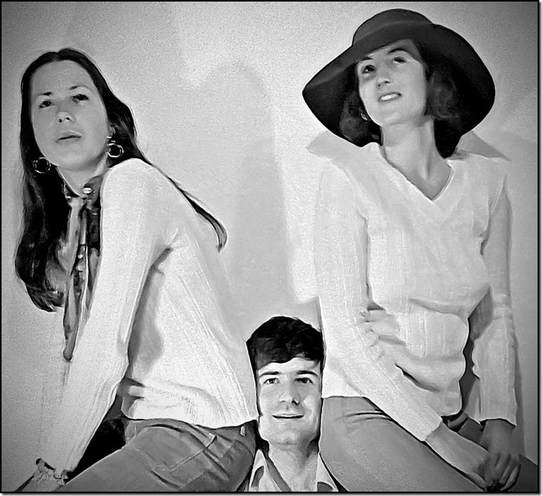
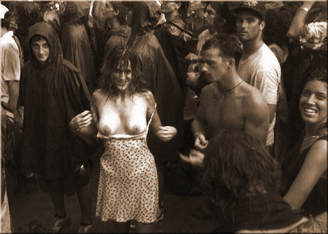
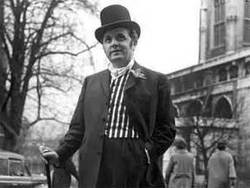


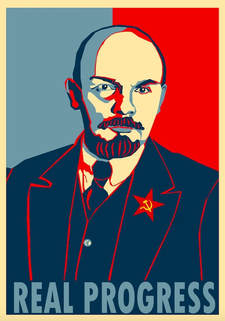
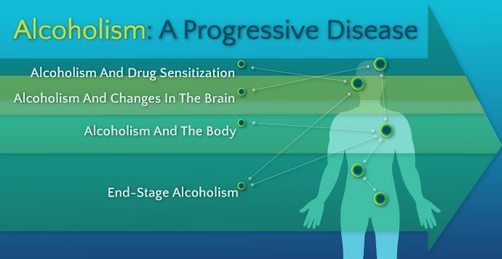

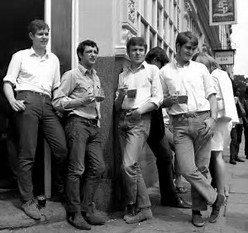
 RSS Feed
RSS Feed